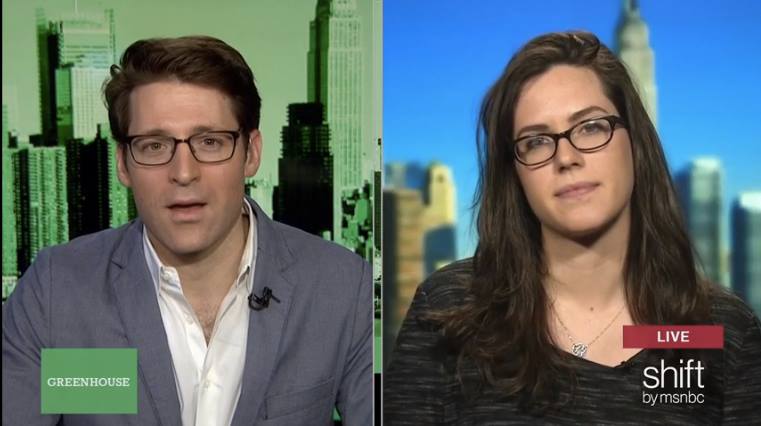I am an interdisciplinary marine conservation scientist, writer, and equity practitioner dedicated to developing and implementing innovative solutions for nature and people, especially in fisheries settings. I am an Assistant Professor in the School for Marine Science and Technology (SMAST) at UMass Dartmouth as an Assistant Professor and head of the Shared Seas Lab. My lab focuses on conservation of manta and devil rays, fisheries equity, and human–ocean dynamics. Previously, I was a Smith Conservation Research Fellow and postdoctoral researcher at Duke University’s Coasts and Commons Co-Laboratory, working in close collaboration with Global Fishing Watch and Conservation International.
My ongoing research investigates the impacts of industrial fishing on biodiversity and human communities, drawing on interdisciplinary quantitative methods from both the natural and social sciences. My Ph.D. research at the Conservation Action Lab in the Ecology and Evolutionary Biology at UC Santa Cruz centered on oceanic sharks and rays, utilizing genomics, policy analysis, and participatory social science to examine the impacts of industrial tuna fishing on these highly threatened species and collaboratively develop solutions to protect them. This work led to the co-founding of Mobula Conservation, a non-profit organization dedicated to the research and conservation of manta and devil rays in the Eastern Pacific Ocean and beyond.
I am the Executive Director and co-founder of FieldFutures, a program that trains field scientists and teams to prevent gender-based harassment and assault in scientific fieldwork settings. FieldFutures has trained thousands of participants across five continents and is rapidly growing, driving real-world impact for equity and justice in science and society.
Visit the FieldFutures website to learn more or schedule a training.
My previous experience as a journalist covering science, the environment, wildlife crime and trafficking, and politics has informed my holistic approach to conservation. I am passionate about the intersection of fisheries systems and conservation, exploring questions such as how marine food systems impact threatened species, how we can support sustainable livelihoods while achieving conservation goals, and how we can coexist with animals and ecosystems sustainably. Above all, I am committed to creative collaboration and finding new ways to address longstanding challenges.
My work has been featured in Slate, The New York Times, VICE, Salon, Grist, The Verge, Gawker, Narratively, Popular Science, Quartz, Motherboard, Orion Magazine, Discovery, The Nation, Catamaran Magazine, The Dodo, EarthTouch News and others. I was a Fellow at Grist Magazine, a Staff Writer at Gawker and The Dodo, and a freelance reporter. I host an annual event called Fish Tales: A Live Storytelling Event. Read more about these ongoing projects here.
In the (distant) past, I co-founded and was the fiction editor for Potluck Magazine, a literary journal that features fiction, non-fiction, poetry, and art. Check it out!
I am fortunate to be a National Geographic Explorer, a Switzer Foundation Fellow, and a P.E.O. Scholar. My work has been generously funded by the Cedar Tree Foundation, the National Science Foundation, National Geographic Society, the International Seafood Sustainability Foundation, NOAA’s Pacific Islands Regional Office, the Robert and Patricia Switzer Foundation, California Department of Fish and WIldlife, the Save Our Seas Foundation, the Monterey Bay Aquarium, Phi Beta Kappa Northern California Association, P.E.O. International, the Seymour Marine Discovery Center, the UCSC PBSci Future Leaders in Coastal Sciences Award, the Western Division of the American Fisheries Society, UCSC Grad Lab, and the Myers Oceanographic & Marine Biology Trust Grant.





